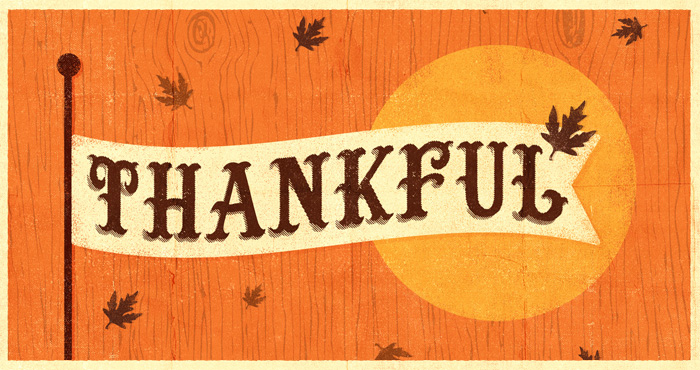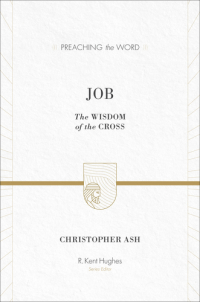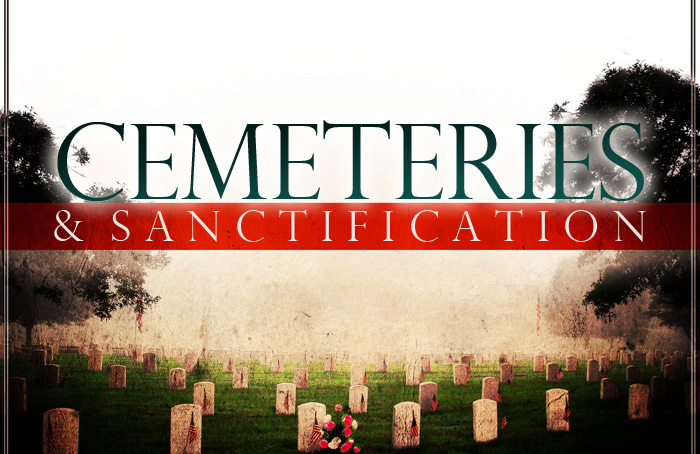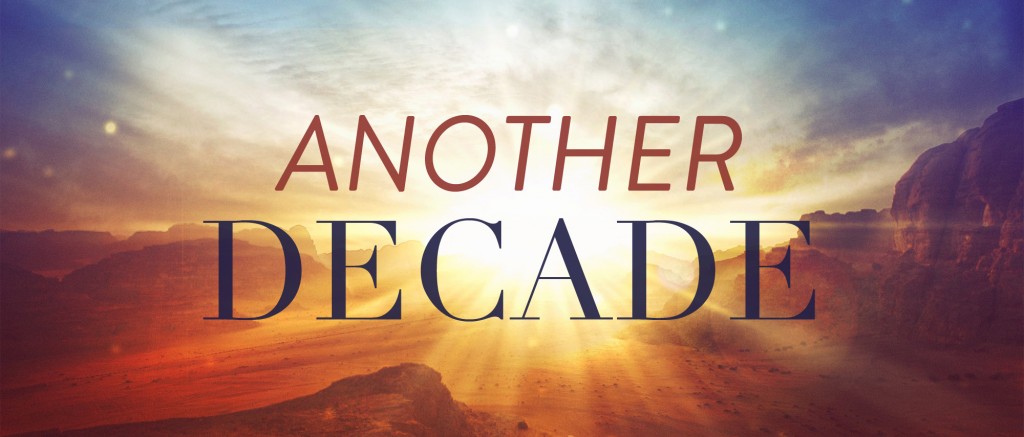I’ve been helped these last few months, when thinking about the Smiths, by an old poem of John Donne’s titled, “Death, Be Not Proud.” It says,
Death, be not proud, though the whole world fear you:
mighty and dreadful you may seem,
but death, be not proud—for your pride has failed you— you will not kill me.
Though you may dwell in plague and poison,
You’re a slave to Fate and desperate men—
So death, if your sleep be the gates to heaven, why your confidence?
You will be no more. Even death will die.
A Season of Unusual Suffering
When we began our fall series on Job I was personally stepping into waters of great trepidation. Who in our church would be met with unexpected suffering over the course of our study? Who would say the truth from Job arrive “just in time” for them during a season of pain and hardship?
I didn’t think those questions were unrealistic. God is sovereign over His powerful word. It is never accidental that a church hears the text it hears each week it gathers together. If, after much humble prayer and meditation, a new book of the Bible is selected for study, I take it to mean God wants those people to hear that book at that time. If you agree with that statement, then a mere cursory knowledge of Job would lead you to conclude – like me – that unusual suffering might be coming our way this fall.
And came it did.
The fall of 2014 will be indelibly written on my heart as a season of shepherding a small church through unusual suffering. Unusual suffering that included this story of the Smiths and little Eli.
When Questions Become Real
In almost every one of our studies in Job I tried to pull out from the individual text what I saw as the dominant question at that moment in Job’s experience of suffering. I went back and looked and here were the questions we’d considered in the month leading up to when Ryan and Jayme first found out about Eli’s condition:
- Will you magnify God even if you suffer innocently?
- Will you trust God even if your suffering is unexplainable?
- Will you hope in God if [no one understands your pain]?
- Will you trust God is for you when your suffering makes no sense?
Little did any of us know how real those questions were about to become to Ryan and Jayme’s experience. It was the week after that last question that Emily got a phone call from Jayme telling us the news about little Eli. A few hours later in a text message exchange we had Ryan said, “We are thankful for your teaching on Job. There was never any doubt that we’d need it, we just hoped it wouldn’t be so soon.” My immediate thought was, “Me too brother. Me too.”
Faithful Acceptance When God Doesn’t Answer
One of the more amazing things about Job’s story is that he never gets an answer from God of why he was made to suffer so grievously. We know from chapters one and two because the reader peaks behind the veil of heaven. All Job gets is a sovereign God appearing in a whirlwind saying, “All you need to know is that I’m sovereign over everything.” So in and around Thanksgiving as we walked through the whirlwind chapters the main thoughts we considered were:
- Trust in God’s sovereignty will sustain you through suffering.
- Surrendering to God’s sovereignty will keep you steadfast in suffering.
I know you all agree, and we’ve already celebrated tonight, that Ryan and Jayme have modeled surrender to and trust in a God sovereign over their suffering. I have personally taken a few encouragements and challenges from the Smiths through this season that I’m sure many of you will resonate with.
The sweetness of God’s sovereignty. The most consistent Bible verse I’ve heard from Ryan and Jayme these past few months is Job 1:28, “The Lord gave, and the Lord has taken away; blessed be the name of the Lord.” I remember saying in our study of that text, “I’ve always wondered if I would respond like Job when surprising suffering comes my way?” I don’t have to wonder about Ryan and Jayme. Their lives and words have preached a powerful sermon these last few months. A message that says there’s a powerful and peculiar sweetness in knowing God is sovereign, even over the matters of pain and loss.
The sweetness of Christ’s victory. Richard Sibbes a Puritan so enflamed with love for Christ he was called the “Sweet Dropper” for all his joyful meditations on God’s glory once said, “Death is only a grim porter to let us into a stately palace.” Faith in Christ give Christians a totally new perspective on death. It’s why Paul can say, “To live is Christ, to die is gain.” It’s why the Smiths can say in an email, “We are thankful that God has taken Eli in a way that was easiest for him, and that he is now in his permanent home, worshiping the Lord. It is hard to believe that we have a child who has gone home before us, but we take so much comfort in that reality.”
That reality which the Bible declares,
Behold! I tell you a mystery . . .
“Death is swallowed up in victory.”
“O death, where is your victory?
O death, where is your sting?”
Thanks be to God, who gives us the victory through our Lord Jesus Christ.









